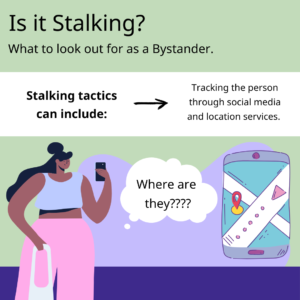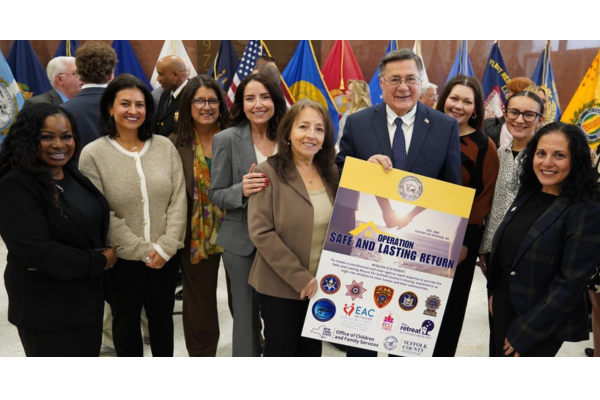By Anna Davis, The Retreat Brown University Student Intern

“Oh, just check Snap Maps so we can figure out a party to go to.”
“She said she’s about ten minutes away, check Snap Maps to see how close she is to getting here.”
“She’s in France right now on Snap Maps—Isn’t that so cool?”
Snap Maps has become a social media staple for youth, often branded as a way to keep in touch with friends. However, having unlimited access to others’ location at all times can lead to many issues such as abuse, stalking, exclusion, and manipulation.
Location sharing on Snap Maps can be turned off, but social pressure often leads to feelings that map locations should be turned on. I myself have felt this pressure, whether it’s when I first left for college and felt a need to let all my home friends know I was living in Providence, or when my friend told everyone at her party to “turn Snap Maps on” to let people know we were all together. Unlike an Instagram picture one might see of a party with hundreds of blurry people in the background, Snap Maps indicates exactly who is there and where it is, leading to feelings of guilt and exclusion.
Snap Maps allows for friends to not only track each other, but also to observe a person’s activity on the app. If someone is active on Snap Maps, all the people they are friends with can see how often they are checking the app, where they are, and who they are with. This can lead to obsessive behavior, arguments, and feelings of betrayal.
The idea of a social media platform where everyone can track everyone at any time is frankly terrifying, and easily allows for stalking and abuse to occur within relationships. Following someone around who you have a crush on, based on their Snap Map location, is an example of stalking behavior, which is encouraged by the accessibility of someone’s location at any time. While Snap Maps are advertised as a fun way for people to be able to find each other and stay informed on each other’s lives, the true obsessive and stalking behaviors this platform encourages are often overlooked. Safety and security can become ignored or forgotten. It’s important that people recognize the dangers behind revealing too much information online, for as harmless as it may seem to show friends where you are and where you live, this can lead not only to exclusion and hurt, but can also threaten one’s safety.
Learn more at allagainstabuse.org, follow @allagainstabuse or call The Retreat’s 24-Hour hotline at (631)329-2200.
The Retreat’s 24-hour multilingual hotline, 329-329-2200 is available to anyone who needs assistance. Please visit our Get Help page for information on all of our free and confidential services.
